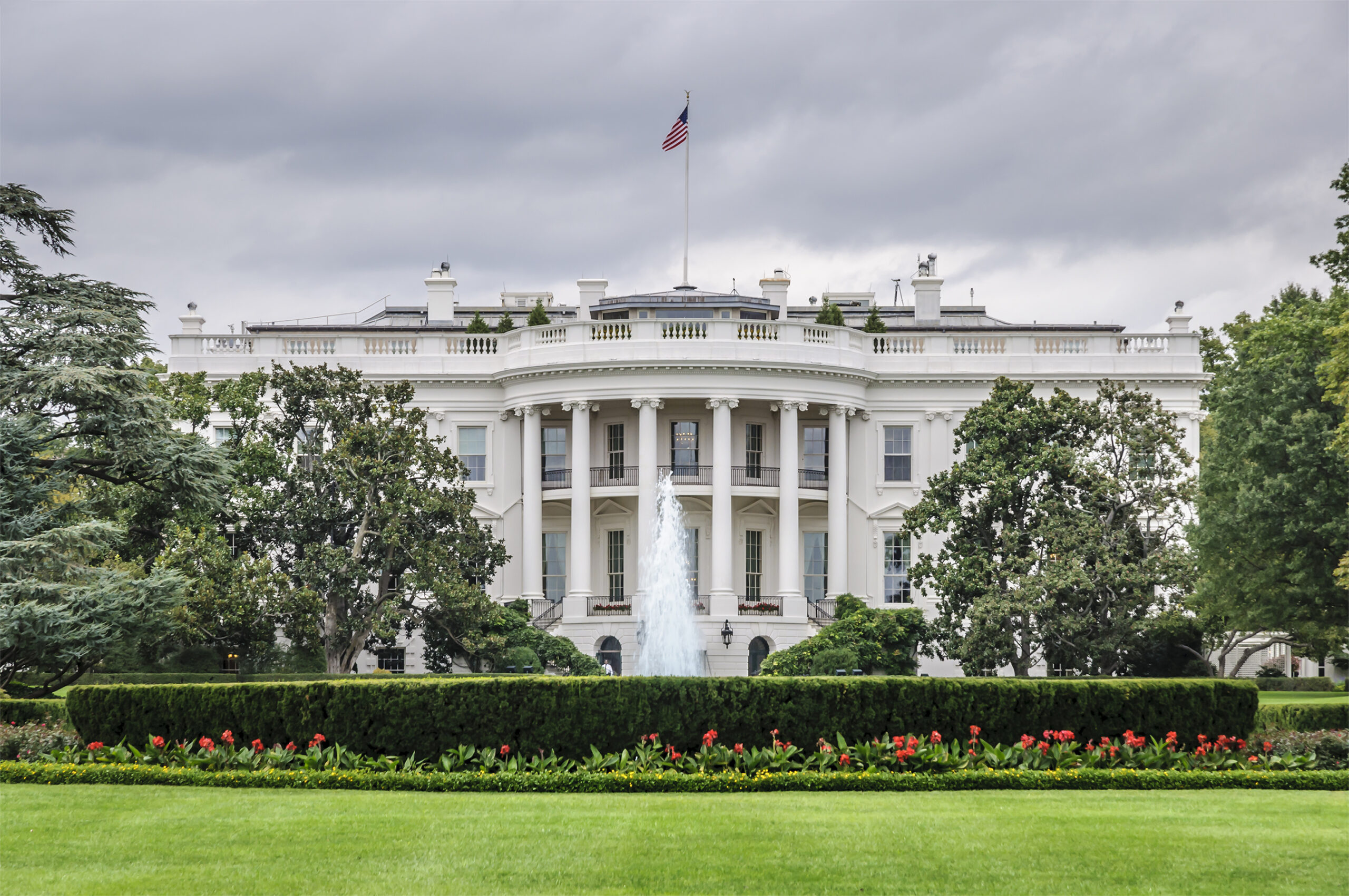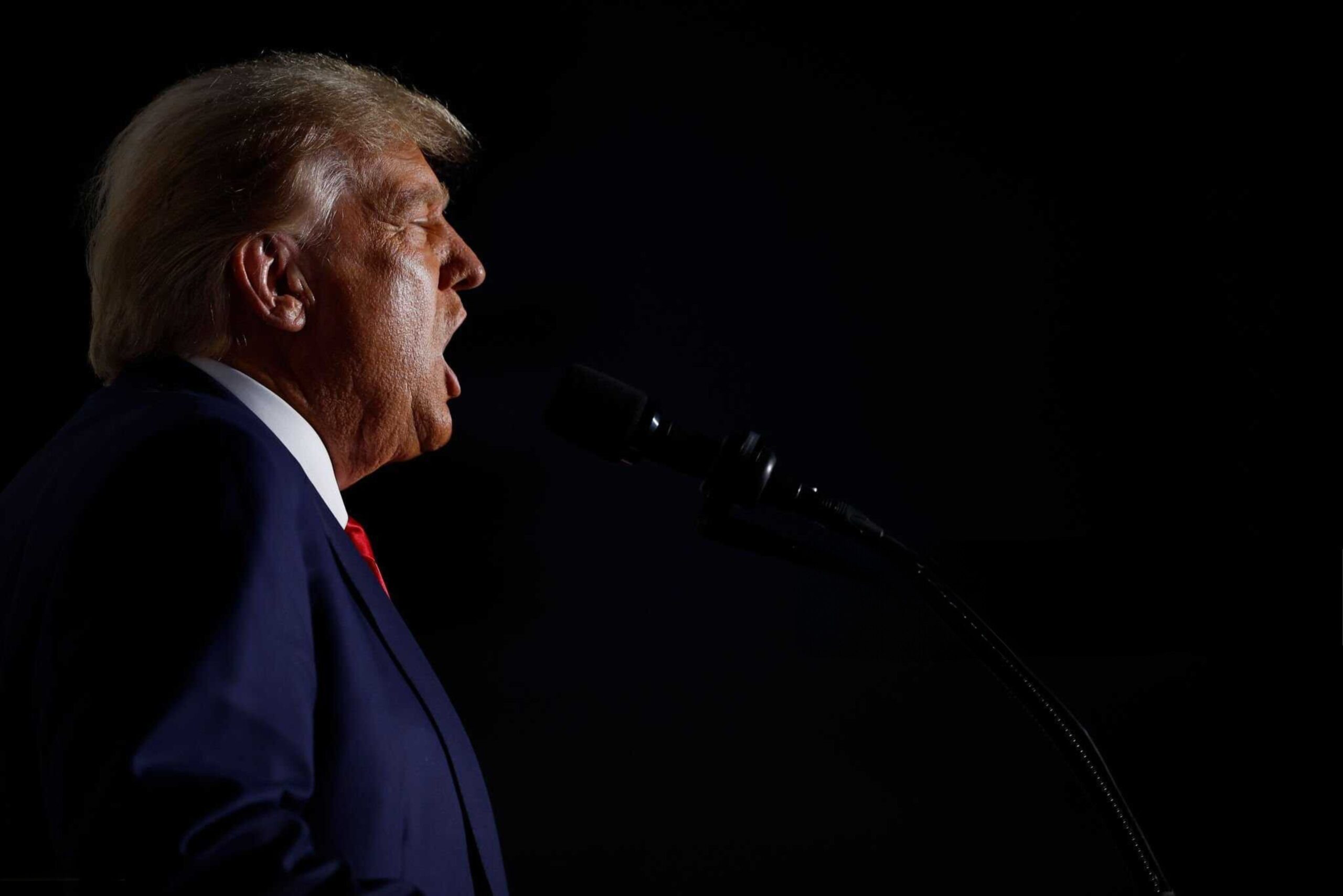Category: Foreign Policy
-

The Republican Dealmaker Doctrine: Bilateral Negotiation vs. Multilateral Trade
The Republican approach to foreign affairs, especially under the Trump administration, signals a decisive turn away from decades of consensus-driven globalism. In its place emerges a doctrine rooted in direct, transactional diplomacy. This model reflects a dealmaking ethos. It prioritizes bilateral negotiations over multilateral agreements, rejecting frameworks that, in the administration’s view, dilute American leverage…
-

America’s Withdrawal Doctrine: The Emerging Foreign Policy Paradigm Under Trump’s Second Term
Trump’s America’s withdrawal doctrine reverses 75 years of foreign policy, threatening NATO’s future and creating a power vacuum Russia eagerly aims to fill.
-

The Weaponization of Tariffs
Trump’s tariff threats against allies reveal a pattern of using economic disruption as political leverage. Beyond the Spectacle examines the market volatility, consumer costs, and global stability risks of weaponizing tariffs.
-

The Loyalty Factor
The staffing patterns emerging in Trump’s second administration reveal a prioritization of personal loyalty that raises significant questions about governance effectiveness. By examining the verifiable record of appointments, dismissals, and public statements, we can identify a pattern that transcends normal political alignment and moves into the territory of personal fealty.
-

The Foreign Policy of Personal Grievance
The February 28th Oval Office confrontation between Presidents Trump and Zelenskyy wasn’t an isolated incident but part of a consistent pattern in American foreign policy that prioritizes personal loyalty over strategic interests. By examining verifiable diplomatic interactions since Trump returned to office, a troubling framework emerges that should concern Americans across the political spectrum.
